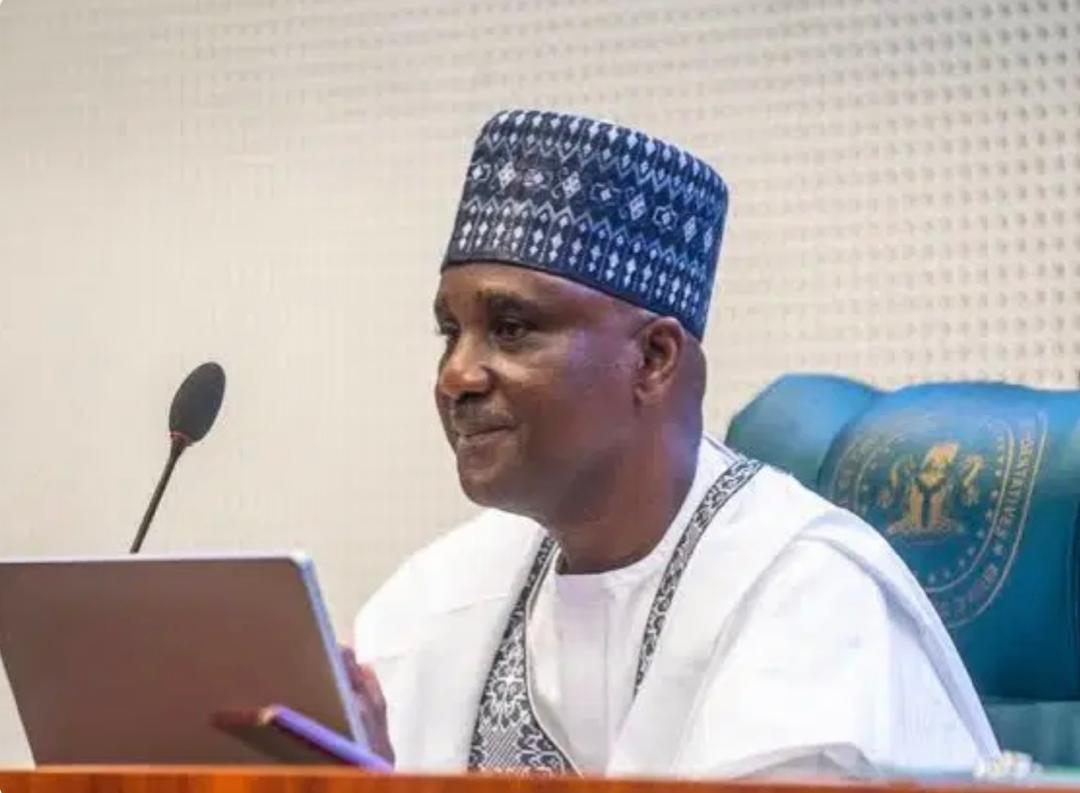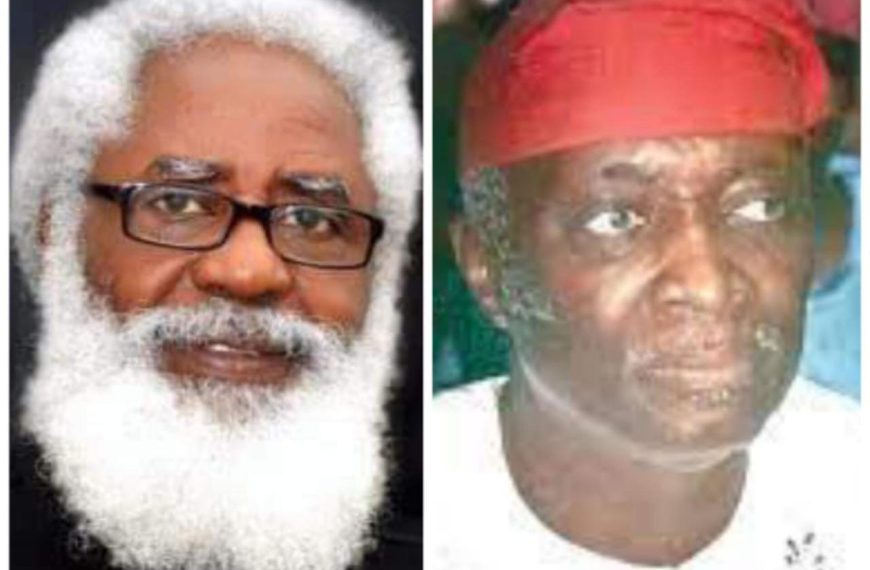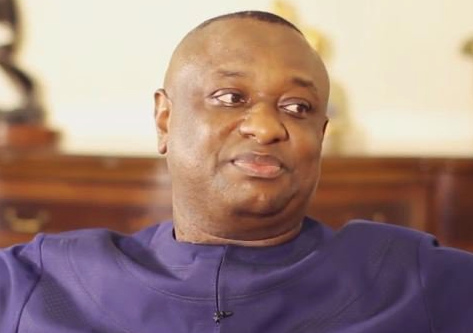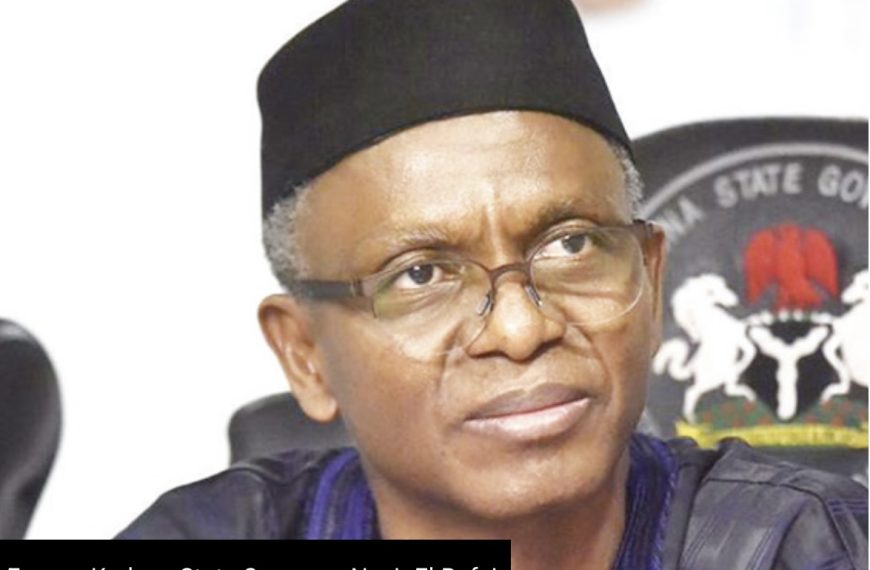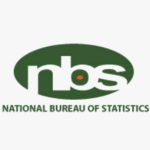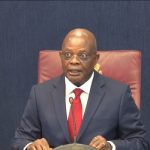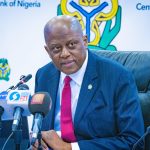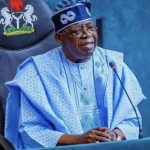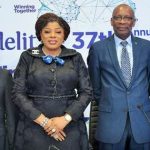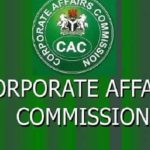The Speaker of the House of Representatives, Hon. Abbas Tajudeen, has emphasized the need for a thoughtful reflection on Nigeria’s fiscal realities, particularly the budget-population ratio when compared to other African nations.
Speaker Abbas made these remarks in his vote of thanks following the presentation of the 2025 Appropriation Bill to a joint session of the National Assembly by President Bola Ahmed Tinubu on Wednesday.
He commended the Tinubu administration for its bold and decisive economic reforms over the past 18 months, including the removal of fuel subsidies, the unification of foreign exchange rates, and the introduction of innovative policies. These measures, he noted, have laid a solid foundation for sustainable growth and development, despite requiring short-term sacrifices.
“These reforms are acts of courage and patriotism,” Abbas said. “History teaches us that transformative progress often begins with difficult decisions. Examples from China’s market reforms, India’s liberalisation, and South Korea’s industrialisation affirm the long-term benefits of such bold action. These lessons inspire confidence that Nigeria’s ongoing reforms will foster economic growth, reduce poverty, and ensure lasting prosperity.”
The Speaker acknowledged that the Tinubu administration’s reforms have “disrupted the status quo, sparking resistance from vested interests.” However, he praised the government’s resolve to prioritize the welfare of Nigerians, describing the measures as courageous.
Speaker Abbas lauded the proposed 2025 budget of ₦49.7 trillion, a 35 percent increase over 2024, as “ambitious and commendable.” He highlighted key projections, including a Gross Domestic Product (GDP) growth rate of 4.6 percent, a crude oil price of $75 per barrel, an exchange rate of ₦1,400 to the dollar, and oil production of 2.06 million barrels per day, describing them as bold but achievable.
However, he underscored the need for critical reflection on Nigeria’s fiscal realities. He pointed out that despite being Africa’s most populous nation with over 220 million people, Nigeria’s 2024 national budget of $36.7 billion is modest compared to other African countries like South Africa ($160 billion for 60 million citizens), Egypt ($110 billion for 110 million people), Algeria ($60 billion for 45 million people), and Morocco ($50 billion for 37 million residents).
Speaker Abbas identified stabilizing prices, boosting agricultural productivity, expanding infrastructure, and investing in education, healthcare, and security as paramount priorities. He further stressed the importance of effective communication by the government to showcase its achievements and build trust among Nigerians.
“As we approach 2025, we must embrace the realities before us with determination,” he said.
The Speaker assured President Tinubu of the National Assembly’s full commitment to supporting the successful implementation of the 2025 budget. “This is not merely your budget; it is a national project requiring collaboration across all arms of government,” he stated.
He pledged that the parliament would ensure the budget’s timely passage, provide legislative backing for critical reforms, and conduct robust oversight to guarantee transparency and efficiency in its execution.
Abbas acknowledged the sacrifices made by Nigerians over the past year due to fuel subsidy removal, inflation, and economic adjustments. While these changes have posed challenges, he stressed that they are necessary for building a stronger, self-reliant, and prosperous nation.
“ l call on all Nigerians to remain resilient and united in our collective pursuit of a brighter and better Nigeria,” the Speaker concluded.
Vanguard

